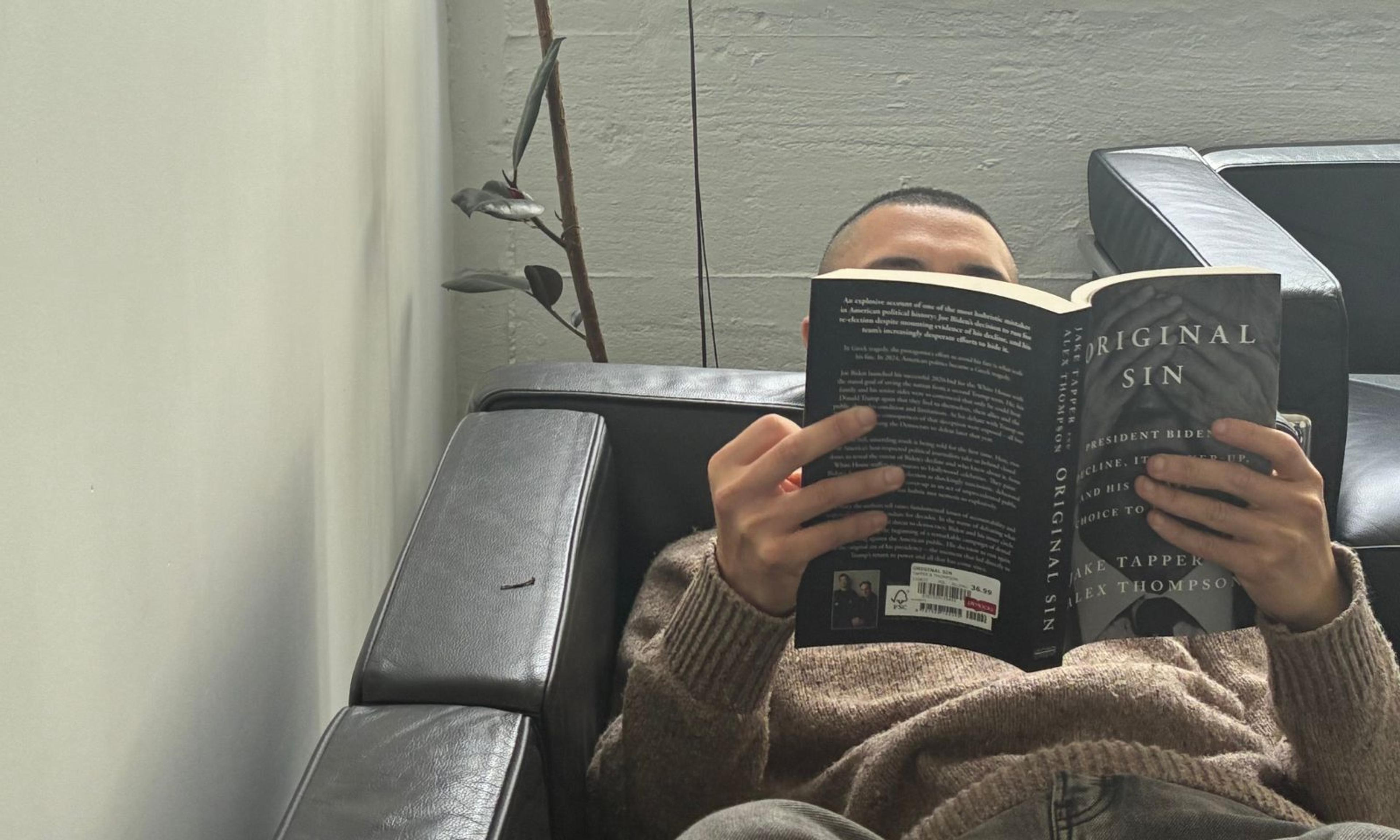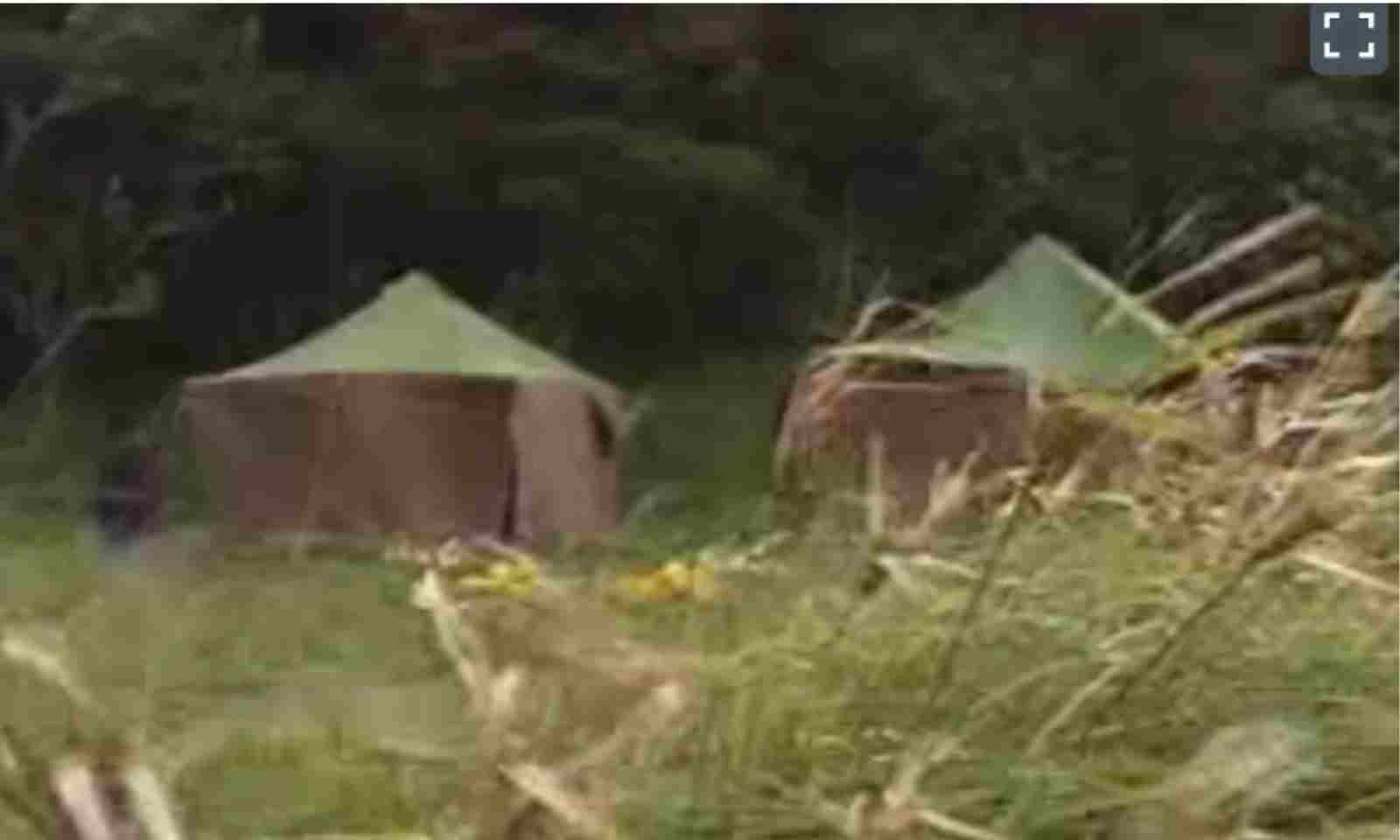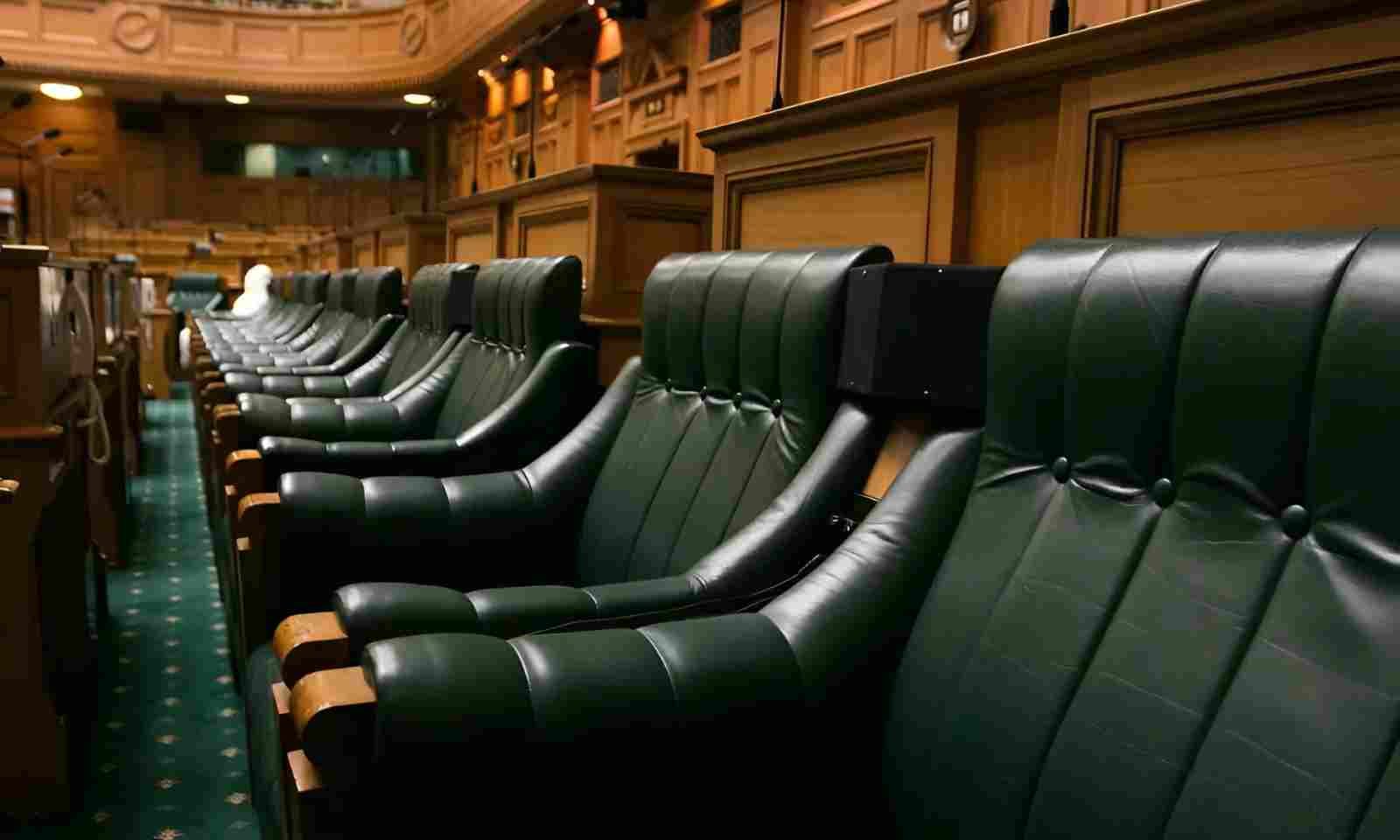

Save the Children has launched a campaign encouraging New Zealanders to oppose a new Government bill that aims to introduce the use of physical force and re-establish military-style detention camps for the country's most vulnerable children.
Photo/RNZ
‘Boot the Bill’: Call to halt military-style youth detention camps
Save The Children is petitioning the withdrawal of the Oranga Tamariki (Responding Youth Offending) Amendment Bill.




Pacific leaders humbled by recognition in New Year 2026 Honours

Pacific Bites: South Auckland weighs in on the top dishes of 2025


‘Love is justice, lived out loud’: Reverend Wayne Toleafoa honoured for service


Pacific leaders humbled by recognition in New Year 2026 Honours

Pacific Bites: South Auckland weighs in on the top dishes of 2025
Save the Children has launched a new campaign encouraging New Zealanders to oppose a new Government bill that aims to introduce the use of physical force and re-establish military-style detention camps for the country's most vulnerable children.
The ‘Boot the Bill’ campaign and petition request that Kiwis stand against the proposed Oranga Tamariki response to the Serious Youth Offending Amendment Bill.
The Oranga Tamariki Amendment Bill, passed its first reading in early November, would establish boot camps as a sentencing option.
Currently, the bill is before the select committee and, if passed, would reintroduce harmful military-style boot camps while permitting the use of physical force against children.
Jackie Southey, Save the Children's advocacy and research director, says the bill “introduces a punitive youth justice, the opportunity for children to be categorised as a young serious offender, which is a serious category. If categorised, that would last for up to 10 years.
“Young people can be put into military-style detention academies, which are also known as boot camps.
"The other issue that we're concerned about is the introduction of the use of physical force to subdue or control a child. Essentially, that's physical violence, and we're completely opposed to violence against children.
“It is really concerning and disappointing. It feels like we're going backwards rather than forwards in terms of progressive thinking and policies to support our young children and young people to do well in life.”
Advocates are calling on the Government to boot its bootcamp bill, urging it could deepen trauma for vulnerable children.

Jacqui Southey says the bill, if passed, would reintroduce harmful military-style boot camps while permitting the use of physical force against children. Photo/Save The Children
More than 20 youth, community, and legal groups signed an open letter asking Prime Minister Christopher Luxon to abandon a bill enabling military-style academies for “young serious offenders.”
Southey reflects on how New Zealand has reached a point where such basic rights are threatened.
“Sadly, those that are making these decisions are not able to see that New Zealand has moved a long way past wanting to see physical violence or ever feeling like there's a reason for using physical violence against children.
“You can call it physical force, but at the end of the day, it is violence. And, you know, we've had the prohibition of smacking or using physical violence against children since 2007 in New Zealand, a generation of children and parents, really.
“And many parents don't support that use of violence against our children by anybody and not by certainly shouldn't be allowed in law by detention, support that use of violence against our children by anybody.
"It certainly shouldn't be allowed in law by detention authorities to be using that as a method to control our children.
“Experts that know about child behaviour and development, know that children respond incredibly well to positive nurturing and guiding support. And violence creates violence. It creates hurt, trauma and pain. And it certainly doesn't create the healing that these young people need.”
While some may disagree with Southey’s perspective, she argues that this legislation disappointingly follows the findings from the Royal Commission of Inquiry into Abuse in State Care.
“Terrible findings have come out of that inquiry. And this is state-funded abuse that we've been talking about. And although it had a historical lens that closed up to 1990, we all know that abusive practices sadly remain.
“One of those terrible examples and deeply shocking was Te Whakapakari Boot Camp, which was established to promote and support young people away from drug addiction or alcohol addiction, building confidence, building Māoritanga, helping them to be disciplined young people, and using military-style discipline to impose that.

The tents where young people slept alongside supervisors at Whakapakari. Photo/Breaking the Barriers
“And what we know from the Royal Commission of Inquiry and the testimony of the children and those young people that went through and became traumatised for a lifetime, that it was deeply violent, it was abusive.
“It was so bad that Ruth Dyson, who was a minister for Child, Youth and Family at the time, admitted that it was state-funded violence and torture of children. It’'s not good enough to be even risking introducing that sort of treatment to children.”
Southey also discusses the potential impact of this bill on re-offending rates.
“Research all over the world shows this punitive style of detention of children does tend to support more towards criminalisation. Children become institutionalised. The young people who went through Te Whakapakari went on to re-offend.
“Worse, every single one of them had a lifetime of trauma that they've had to try to deal with. It limits the positive interventions that we know have been working. Youth justice rates have decreased significantly over the last almost 20 years.

The Oranga Tamariki Amendment Bill passed its first reading in early November. Photo/VNP/Daniela Maoate-Cox
“That's because of things like the courts, the restorative justice supporting children and young people to do well in life, and away from those offending behaviours.
“But more importantly, we want to see the harm to children stop because a terrible, I guess, sorry, a terrible statistic is that more than 80 per cent of youth offenders have experienced or witnessed serious family violence or violence or been harmed themselves.
“So, we need to stop harm to children if we're going to stop children from getting involved in this kind of behaviour.”